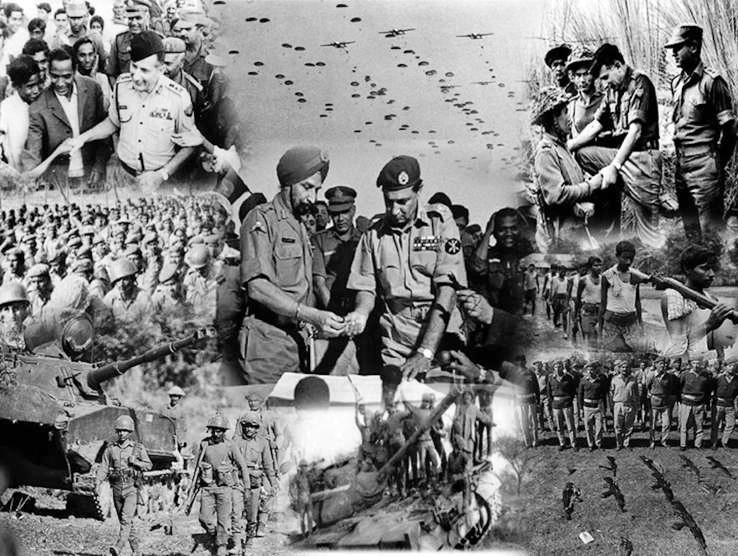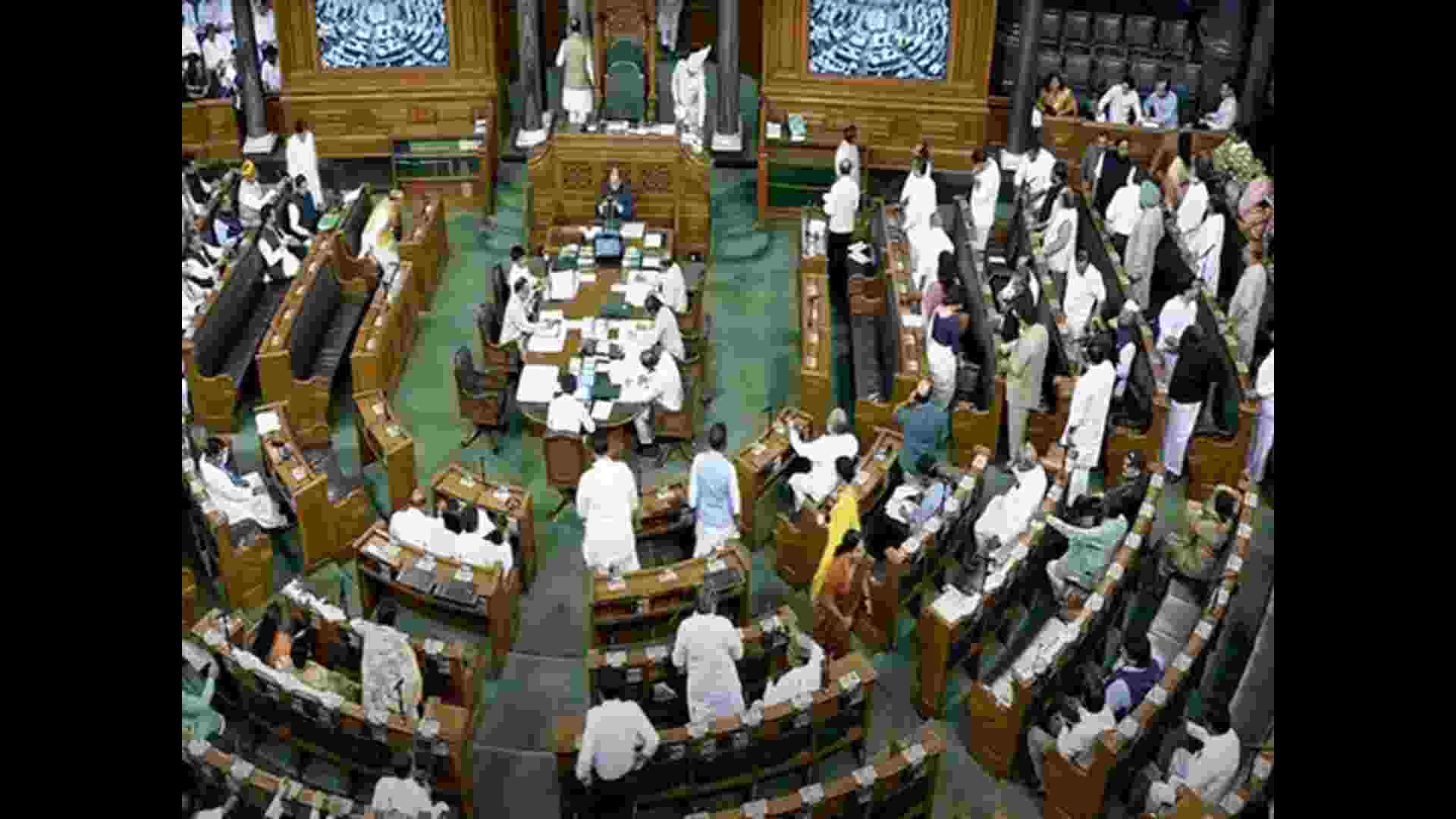
The Battle of Jessore, fought during the Bangladesh Liberation War in 1971, stands as a significant chapter in the history of the struggle for independence. This pivotal battle took place in the southwestern part of Bangladesh and played a crucial role in shaping the course of the war against Pakistani forces. The city of Jessore, a key strategic location, witnessed fierce combat as the Bengali freedom fighters, aided by the Indian military, sought to break free from the oppressive rule of West Pakistan.
Historical Context:
To understand the Battle of Jessore, one must delve into the historical context of the Bangladesh Liberation War. The conflict arose from the political and economic disparities between East and West Pakistan. The people of East Pakistan, comprising mostly Bengali-speaking population, were subjected to discrimination and exploitation by the ruling elite in West Pakistan. The struggle for autonomy gained momentum, leading to the declaration of independence by Bangladesh on March 26, 1971. As the Pakistani military cracked down on the Bengali population, committing atrocities and human rights abuses, the resistance movement intensified. The Indian government, witnessing the humanitarian crisis and the influx of refugees, decided to intervene militarily to support the cause of the Bengali freedom fighters.
Strategic Significance of Jessore:
Jessore, located near the border with India, held immense strategic importance during the Liberation War. The city served as a gateway for the Pakistani military to launch offensives into India and was a crucial communication and transportation hub. Capturing Jessore was essential for the liberation forces to secure the south-western front and sever the Pakistani supply lines.
The Battle Unfolds:
The Battle of Jessore began in early December 1971, as Indian and Bangladeshi forces launched a coordinated assault on the city. The 14th Infantry Division of the Indian Army, supported by the Mukti Bahini (Bengali freedom fighters), faced stiff resistance from well-entrenched Pakistani forces. The urban terrain of Jessore posed a significant challenge for the advancing troops, as the narrow streets and densely populated areas favoured the defenders. Despite facing tough resistance, the joint Indian-Bangladeshi forces displayed remarkable courage and determination. Street by street, house by house, they advanced towards the heart of Jessore. The liberation forces employed guerrilla tactics, utilizing their knowledge of the local terrain to outmanoeuvre the Pakistani forces. The battle was marked by intense close-quarter combat, with both sides sustaining heavy casualties.
Turning the Tide:
The turning point in the Battle of Jessore came when Indian paratroopers executed a daring airborne assault behind enemy lines. This manoeuvre caught the Pakistani forces off guard and disrupted their communication and supply routes. The liberation forces exploited this advantage, intensifying their assault on Jessore. The Pakistani military, facing logistical challenges and a determined enemy, found it increasingly difficult to hold their ground.
On December 16, 1971, the joint Indian-Bangladeshi forces achieved a decisive victory in Jessore, marking a significant milestone in the overall Liberation War. The capture of Jessore not only severed the Pakistani supply lines but also boosted the morale of the freedom fighters and paved the way for further advances in other parts of Bangladesh.
Legacy and Independence:
The Battle of Jessore played a crucial role in the ultimate victory of Bangladesh in its quest for independence. The courage and resilience displayed by the joint Indian-Bangladeshi forces in Jessore resonated across the region, inspiring further resistance against the Pakistani military. The decisive win in Jessore contributed to the broader success of Operation Vijay, the Indian military campaign that led to the liberation of Bangladesh and the creation of an independent nation on December 16, 1971.
Conclusion:
The Battle of Jessore remains etched in the annals of history as a symbol of courage, sacrifice, and determination. The liberation forces, through their tenacity and strategic brilliance, overcame formidable odds to secure a pivotal victory that hastened the end of the Bangladesh Liberation War. The Battle of Jessore stands as a testament to the indomitable spirit of the people of Bangladesh and their unwavering pursuit of freedom.















